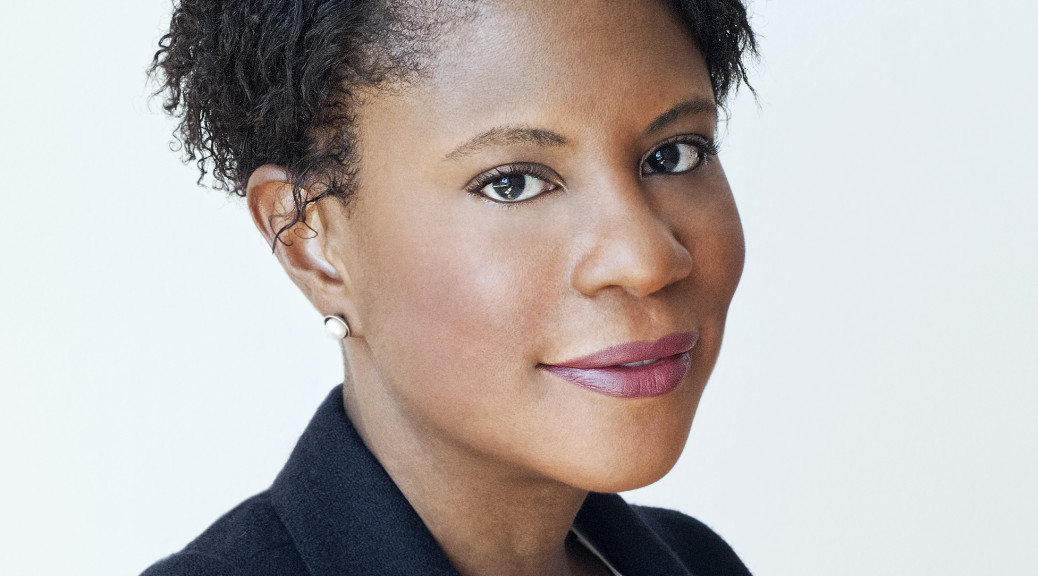ALONDRA NELSON
Dean of Social Science, Professor of Sociology and Gender Studies
IRWGS Core Faculty
IRWGS Director, 2013-14
At its beginning, IRWAG exists because of strong women leaders on campus. I think it’s been, not wanting to go too far with origin stories, but I think it’s no coincidence then that the women who then get hired into the lines—when the institute starts to have lines—are prominent, formidable scholars. It’s been the case in a lot of institutions, some peer institutions, some not, that women and gender and sexuality studies is the least well resourced. Often it’s scholars with low status relative to other scholars on campus, often the case that they’re spousal hires, so they’re trailing spouses—some great man of science or industry or history that they’re following—and they need a place to teach. That was never really the case at IRWAG, so you begin with, again, lots of very capable, very smart, very formidable women, for the most part, in its leadership. I think it’s not rocket science. If you are looking on campus, at a moment in the ‘90s and the ‘00s, to really do something about the fact that—in a not good way—leadership at Columbia has been mostly men. You can look at the deans of the colleges, the deans of the schools and all the higher administration. We have yet to have a woman president. We’ve yet to have a woman dean of the faculty in the Arts and Sciences.
IRWAG has been that place, for good and for naught, where you poach the women leaders. Not only people who are on the core faculty, but people who have more informal leadership roles. People like Julie Crawford, who was I think one of the chairs of the Committee on Instruction and is now running Lit Hum, she’s the director of the core curriculum program. Christia Mercer was running the [Lit Hum] before her, who’s a quarter appointment in IRWAG. Marianne [Hirsch] was doing professional service for the MLA. Jean [Howard] was the board of trustees at Brown. I mean, just on and on and on and on.
It’s tough. It’s mostly a bittersweet story. It’s mostly not a positive story about the institutional strain that IRWAG is put under. What’s been great is that I have a group of colleagues who are so committed to doing this work that, often to our detriment, we hold it together with great mentorship of graduate students and undergraduate students, exciting programming with a shoestring budget, and we still do it while having all these other leadership obligations. I mean, for a time Lila [Abu-Lughod] was directing both the Middle East Institute, I think, and the Center for the Study of Social Difference at the same time. I mean, wow. That’s a lot of work. Obviously the downsides are that that energy is siphoned off from the institute. Another way of saying that is if everybody’s energy was allowed to be focused on the institute, my goodness, what could it be? What campus juggernaut could we be dealing with here? It’s a profound compliment that this is the space in the arts and sciences, but I think that the institute is not always well compensated in the sense of restoring both that energy and, frankly, labor to the institute in turn.

